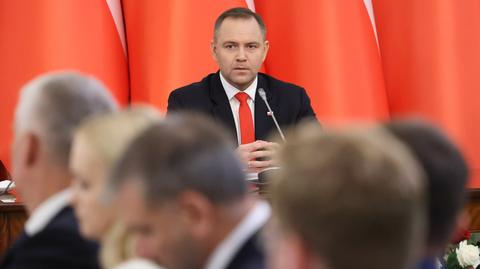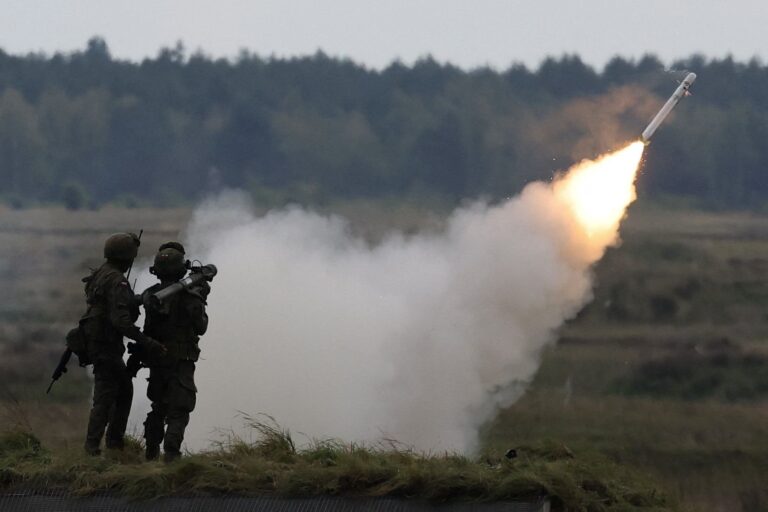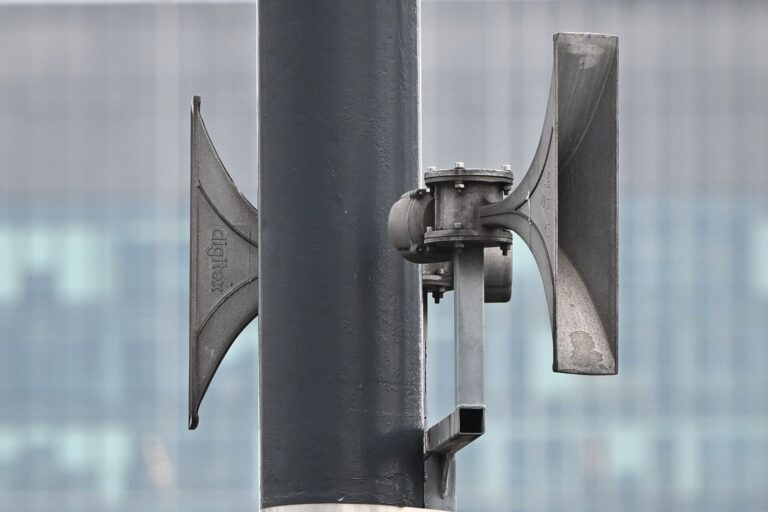Biznes Fakty
„He doesn't understand security needs.” What did Nawrocki veto?

President Karol Nawrocki exercised his veto on two amendments this Wednesday: the Oil and Gas Stocks Act and the Plant Protection Products Act. We will clarify the provisions they included and the rationale provided by the Chancellery of the President for these vetoes.
Veto on the Oil and Gas Stocks Act
President Karol Nawrocki vetoed a modification aimed at aligning Polish laws with EU standards. This amendment encompassed, among other aspects:
For gas:
– mandating the approval of the relevant minister for storing mandatory gas reserves outside Poland – within the European Union, the European Economic Area, and the European Free Trade Association. – extending the period for transferring gas from foreign storage facilities to Poland from 40 to 50 days. – removing the obligation to reserve interconnector capacity for storing gas abroad. – clarifying the regulations to comply with the EC opinion, which indicated that the existing laws are inconsistent with EU regulations.
For oil and fuels:
– altering the distribution of mandatory reserves: a larger share would be managed by the Government Agency for Strategic Reserves, – gradually decreasing the mandatory reserves held by importers and producers: 50 days – from the Act’s enactment, 47 days – from June 30, 2026, 45 days – from June 30, 2027.
According to current regulations, fuel and oil reserves must be adequate for 90 days of average daily production or imports, with a portion of these held as so-called agency reserves by the Government Agency for Strategic Reserves, while the remaining portion is held by importers or producers in a specified ratio.
Chancellery of the President’s justification for the veto: – the proposed amendments were considered inadequate for ensuring energy security, – the potential to deter investments in domestic gas storage facilities and the second FSRU terminal (Floating Storage and Regasification Unit), – the measures were characterized as seemingly „pro-competitive,” yet detrimental in the long run.
Motyka: This is a setback for Poland’s energy security
The president’s veto on the oil and gas reserves legislation poses a setback for Poland’s energy security and the interests of entrepreneurs – this was the reaction of Energy Minister Miłosz Motyka to Karol Nawrocki’s decision to reject the amendment to the reserves act.
„The government proposal, developed by the Ministry of Industry, aimed to enhance the security of natural gas supplies by making the ability to maintain gas reserves abroad contingent upon the relevant minister’s decision. The veto produces effects contrary to the intended goals – it will actually lower our gas security,” Motyka stated on the X platform.
The minister further noted that the bill was highly anticipated by stakeholders in the fuel and gas sectors. „The president has once again shown a lack of understanding of the essential needs of security, industry, and the economy. As the Ministry of Energy, we will promptly undertake actions to mitigate all risks,” he wrote.
Veto on the Plant Protection Products Act
The amendment was set to introduce Electronic Documentation of Plant Protection Products Used, requiring farmers to document, among other things:
– the name and authorization number of the plant protection product, – the location of use, – the type of crop and its development stage.
Documentation was to be maintained exclusively in electronic format, within an IT system (internet application intended for around 1.3 million users).
Justification for the veto – according to the Chancellery of the President: – the exclusive electronic requirement was viewed as inconsistent with the principle of proportionality and equality before the law, – the potential for digital exclusion of farmers, particularly older individuals and those managing smaller farms, – according to the Chancellery – the new requirements would impose disproportionate administrative burdens on farmers.
The act submitted for the president’s endorsement stipulated that the deadline for mandating the exclusive electronic record-keeping for all farms was postponed to January 1, 2028, for farms up to 5 hectares, to January 1, 2031, for farms up to 2 hectares, and to January 1, 2036, for smaller farms. The EU plans to implement the requirement for electronic fertilizer registration starting in 2026.
„President Nawrocki’s liberum veto policy has negatively impacted Polish farmers this time”
In response to the veto on this amendment, Deputy Prime Minister Władysław Kosiniak-Kamysz remarked that it is unfortunate when even non-controversial bills are obstructed. „This represents an open approach and a choice. Freedom to decide whether you wish to utilize electronic registration or manage
Źródło



